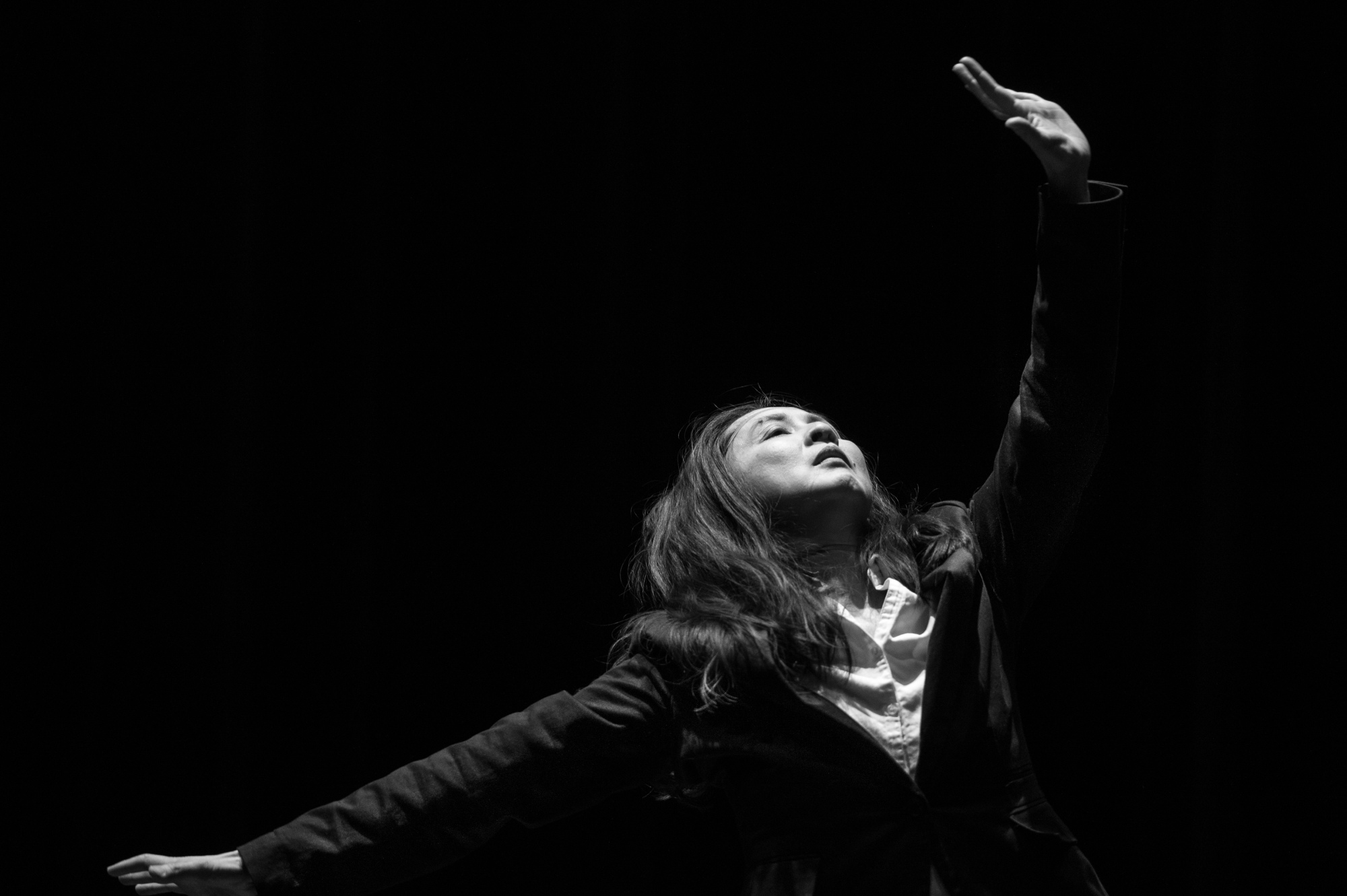Back in her hometown of Yokohama, the boys in school called her "Iron Woman." Raised with two sisters by a peace activist mother and a protofeminist father, Ayako Kato had assumed equal footing with her coed peers and was known for speaking her mind. A student of ballet from ages 4 to 19, Kato (a stage name) embodied discipline and balance, with deference to her cultural inheritance weighted against her indignation over everyday wrongs. Her story of coming to America — and coming into her own as an individual and a dancer — centers on these opposing forces.
"My father grew up in wartime, so in school he learned to worship the Emperor," Kato says. At age 15, he joined the naval academy at Etajima in Hiroshima Bay. It was spring of 1945, and he was spared battle when the war ended soon after.
"My father demonstrated the customs of navy school at home, like waking up on time, making the bed — discipline!" Kato says. And he was such a common sight hanging laundry and sweeping outside the family home that the neighborhood men eventually followed his lead.



















With your current subscription plan you can comment on stories. However, before writing your first comment, please create a display name in the Profile section of your subscriber account page.